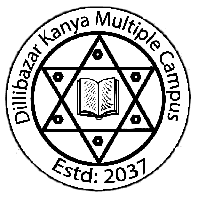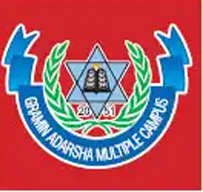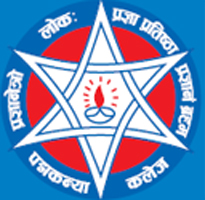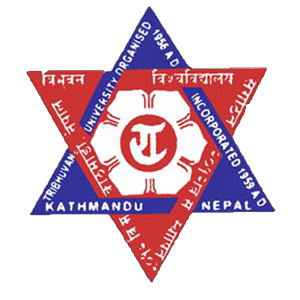Overview
MA in Sociology at Madan Bhandari Memorial College, New Baneshwor, Kathmandu
MA in Sociology at Madan Bhandari Memorial College (MBM College), New Baneshwor, Kathmandu runs under Tribhuvan University’s Faculty of Humanities and Social Sciences. The program covers sociological theory, research methods, fieldwork, and data analysis over four semesters.
Students learn to interpret social change, institutions, identity, and public issues through classroom study and applied projects that connect ideas to lived contexts across Nepal.
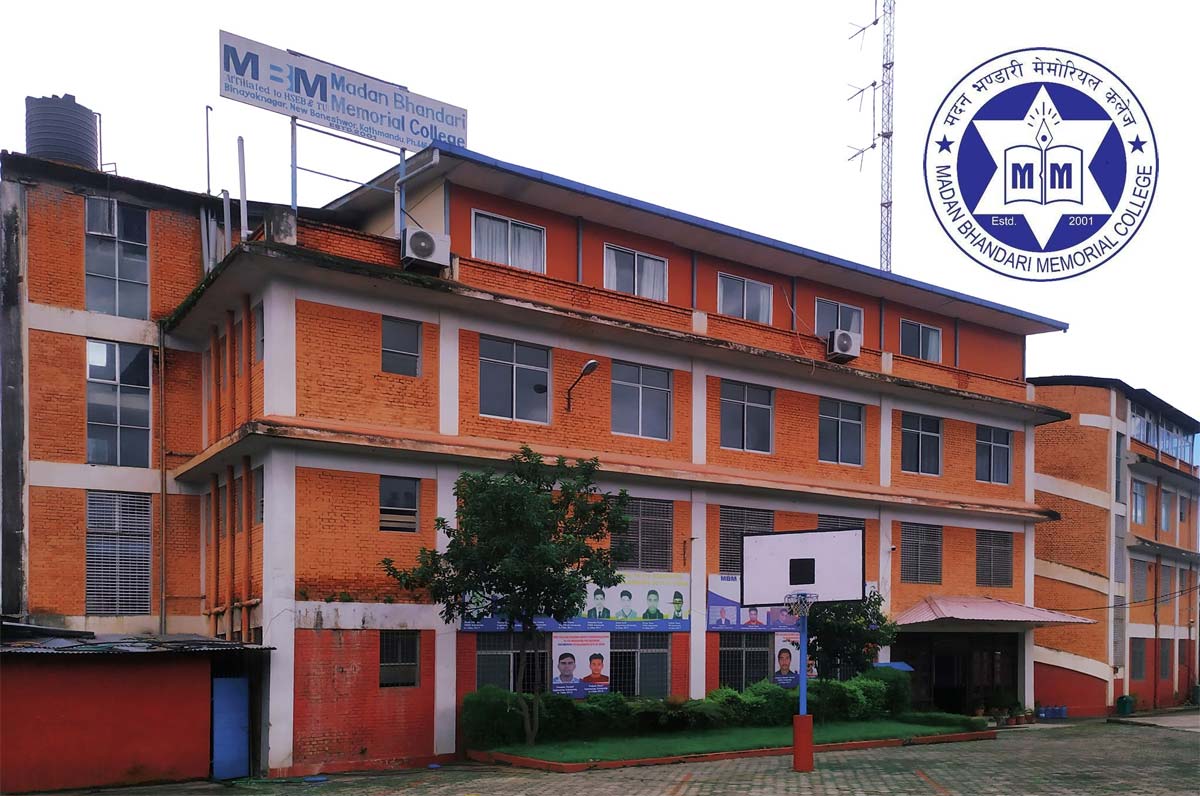
Introduction
The MA in Sociology at MBMC focuses on careful inquiry and practical relevance. Students read core texts, learn methods, and complete field-based assignments that build confidence in data handling and interpretation. Classroom discussion, guided seminars, and supervised project work create a steady routine for learners who want depth without losing connection to real communities.
The college environment supports writing practice, small-group collaboration, and ethical research habits. Library access, research mentoring, and review sessions help students prepare for internal tasks and the final examination under Tribhuvan University rules.
Highlights
-
Affiliation: Tribhuvan University, Faculty of Humanities and Social Sciences
-
Structure: four semesters with internal assessment and final examination
-
Components: theory, methods, fieldwork, data analysis, and applied project work
-
Assessment: internal tasks during semesters and FOHSS final examination
-
Attendance: students meet the college’s minimum requirement to sit examinations
Curriculum Details
Core theory and concepts
Students study classical and contemporary perspectives that explain social order, change, and conflict. Readings cover major schools of thought and their relevance to Nepal. Short essays and seminar notes track how ideas link to present-day issues.
Methods and data
Courses introduce qualitative and quantitative approaches, research design, sampling, and measurement. Students learn interviewing, observation, and basic statistical tools. Assignments include instrument preparation, field notes, and mini-reports.
Nepali society and policy
Subject blocks focus on family, gender, caste, ethnicity, migration, urban and rural change, and development practices. Learners connect classroom concepts to policy discussions and community-level observations.
Fieldwork and applied project
Field-based tasks begin early through guided visits and interviews where permitted. A larger applied project in later semesters requires a proposal, data collection, analysis, and a written report reviewed in class.
Academic writing and ethics
Workshops on referencing, plagiarism awareness, and data protection help students follow ethical practice. Faculty review drafts and provide feedback to improve structure and clarity.
Objectives
-
Build strong understanding of sociological theory and its current relevance
-
Develop practical skills in fieldwork, interviewing, and document review
-
Strengthen data handling, analysis, and reporting in an academic format
-
Prepare students to work on programs, studies, or policy documents in Nepal
Scope
Graduates support research teams in universities, NGOs, local bodies, and development projects. Roles often involve monitoring and evaluation, field supervision, data collection, and report drafting. The program also serves students who plan to continue toward MPhil or PhD pathways.
Learning Outcomes
-
Explain key theories and apply them to Nepali social contexts
-
Plan and conduct small-scale fieldwork with clear research questions
-
Analyze qualitative notes and basic quantitative data for findings
-
Write structured reports with references and readable tables or charts
-
Present study results in short talks and answer questions confidently
Skill Development Modules
-
Research design: questions, objectives, and operational definitions
-
Field methods: interview guides, observation protocols, and consent
-
Data handling: coding notes, basic statistics, and simple visual summaries
-
Academic writing: citation practice, paragraph clarity, and revision cycles
-
Presentation: briefing slides, discussion prompts, and time control
Teaching Methodology
Faculty run lectures, seminars, and workshops that link readings to field realities. Students practice instrument drafting, pilot interviews, and small analyses under supervision. The department organizes review meetings for project proposals and interim findings. Feedback sessions improve methodological choices and writing quality.
Admission Requirements
-
Eligibility: Bachelor’s degree in any discipline recognized by Tribhuvan University
-
Entrance: FOHSS entrance examination as per the admission cycle
-
Documentation: transcripts, character certificate, identity proof, and recent photographs
-
Attendance: students follow college rules to qualify for internal and final assessments
Career Opportunities
-
Research support: data collection, transcription, coding, and basic analysis
-
Program roles: field coordination and reporting for NGOs and local bodies
-
Monitoring and evaluation: indicator tracking and short assessment notes
-
Communication: community briefings and summary documents for stakeholders
-
Further study: preparation for MPhil or PhD applications
Scholarships and Financial Aid
-
Categories: merit-based and need-sensitive options announced per intake
-
Application: submission within the stated window with required documents
-
Continuation: scholarship retention linked to academic progress and conduct
Why Choose This Course?
The MA in Sociology at MBMC offers a balanced routine of theory, methods, and field tasks. Students learn to read carefully, gather information responsibly, and write clearly. The campus location in New Baneshwor supports steady attendance and timely project work.
Conclusion
The MA in Sociology at Madan Bhandari Memorial College gives students a focused path through theory, methods, and applied research. Graduates leave with practical experience in data collection and reporting, along with the academic grounding needed for program work or advanced study.
FAQ
How long is the MA in Sociology?
Four semesters under Tribhuvan University.
What coursework is included?
Theory, methods, Nepali society topics, fieldwork, and an applied project.
How are students assessed?
Internal tasks during semesters and a final examination under FOHSS.
Can students from any Bachelor’s discipline apply?
Yes, subject to FOHSS entrance and eligibility rules.
What attendance is required?
Students follow college rules to qualify for internal and final assessments.



